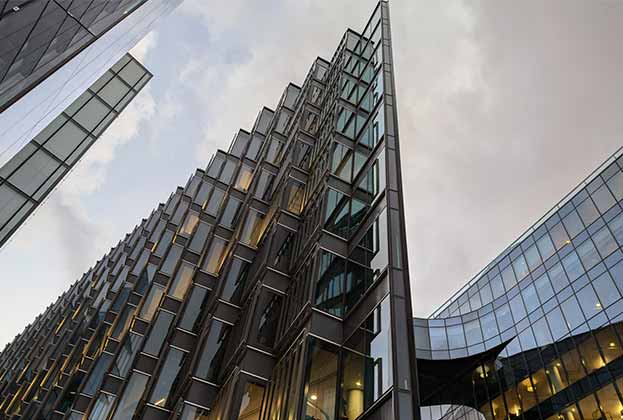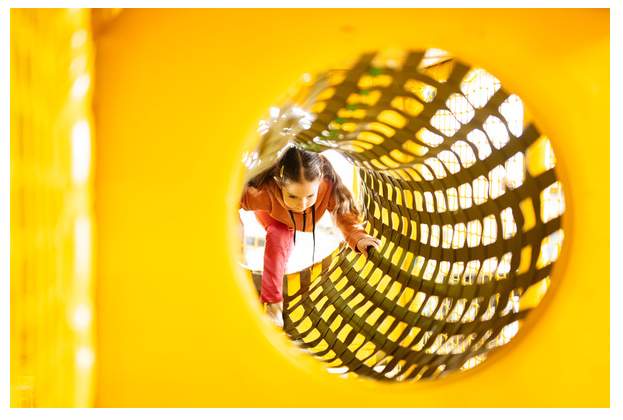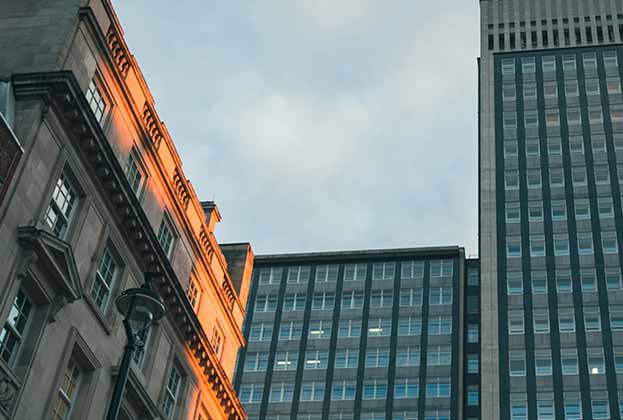Over the past 15 years, investment into European ‘alternative’ assets such as student housing, care homes and mixed-use developments, have risen by approximately 25 per cent per year on average, and reached €6 billion in 2017.
Alternatives are evidently no longer the ultra-risky, high return investment opportunity they once were. But as they have grown in popularity, their yields have hardened to close to those on traditional assets such as offices and industrial. So what will the new alternative assets be now that traditional alternatives are becoming the new core?
Car parks
Already an established alternative asset class in North America, car parks are increasingly on the European investment radar. In 2017, over €380 million of car parks were sold across Europe with the UK being the most established market followed by the Netherlands and Germany. While investing in individual car parks won’t yield desirable returns, portfolios are an opportunity to diversify and downplay potential risks. With the growing popularity of electric cars, value-add investors can create innovative ways to renovate car park portfolios by installing more charging stations.
Bike share schemes
These have taken off across Europe over the past decade, with nearly all major European cities offering the chance to rent a bike through smart card access at automatic docks and stations. High-tech bike stations with power hubs will soon be a feature across most larger towns and cities, providing short-term investment opportunities into low-maintenance commercial opportunities.
Cinemas
Cinemas have remained surprisingly resilient against dips in consumer confidence and technological advances, with attendance across Central and Eastern Europe expected to see the strongest growth in the upcoming years, offering the potential for investors to tap into this asset class. To incorporate a wider audience, cinemas will be adapted to include virtual reality to appeal to sociable gamers.
Bars and nightclubs
In prime locations these can be converted to traditional asset classes (as was the case of the purchase of discotheque Le Queen in Paris for €115 million with the aim of converting it into retail) or retained as low-maintenance social spaces. Investors who would have been otherwise unwilling to invest in prime restaurant space will be lured to the sector with the possibility of opening a space with low maintenance costs and guaranteed interest from food & beverage tenants.
Data centres
With the growing popularity of cryptocurrencies and digital assets, companies who don’t have in-house capacity are outsourcing their data and security requirements to data centres in order to store and protect large amounts of information. Given data centres don’t need to have physical space in prime locations and sizing varies depending on the servers used, this creates new opportunities for investors willing to tap into the boom.
Further information
Read more What will 2018 bring for European real estate investment?
.jpg)
.jpg)

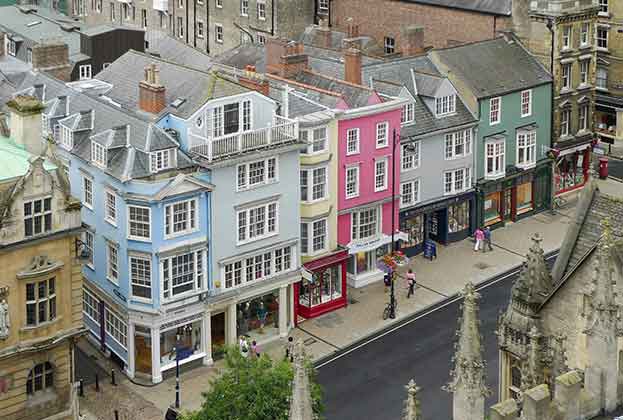
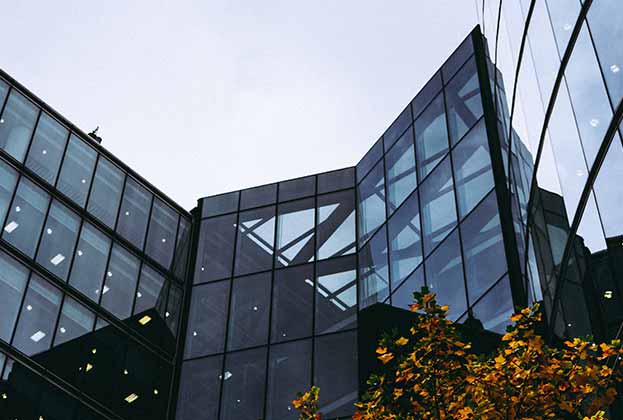
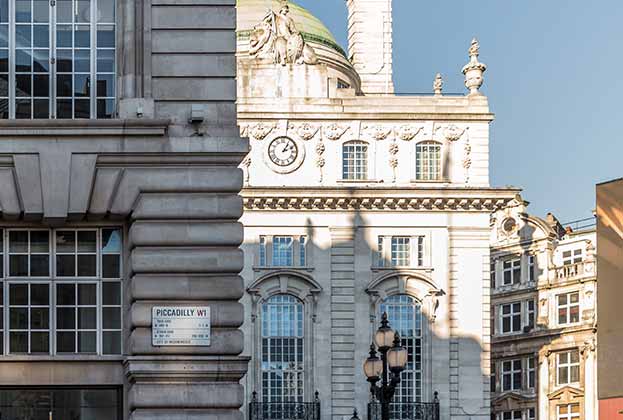
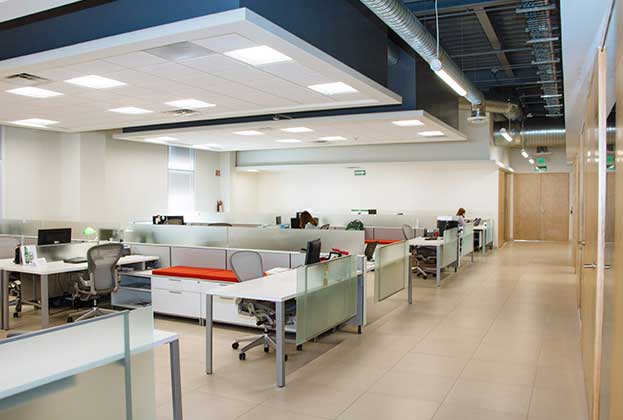
.jpg)
